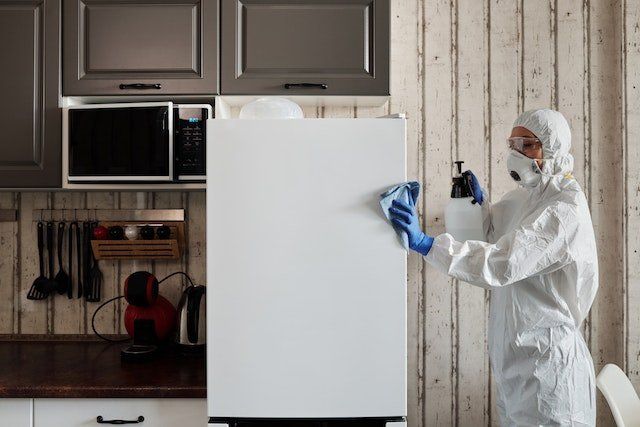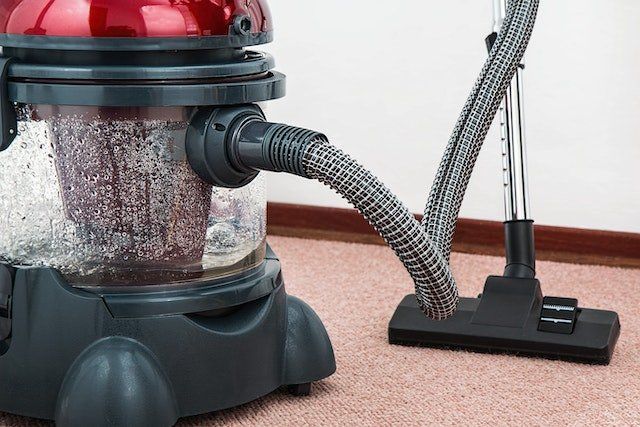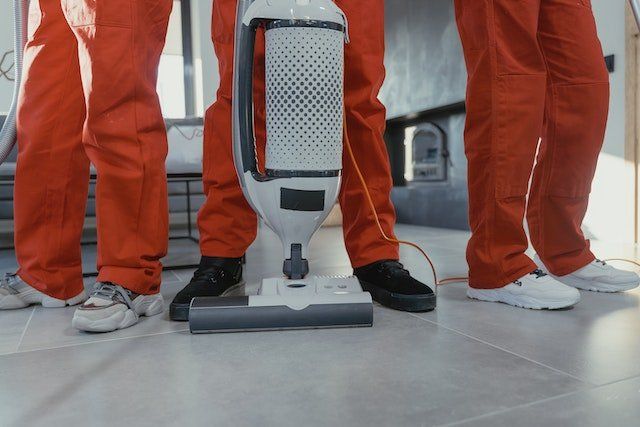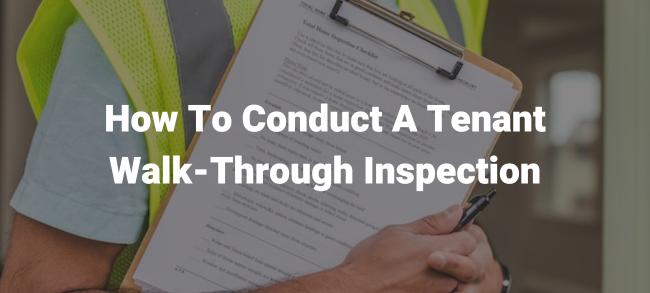End of Tenancy Cleaning

A landlord and tenant might have built a good relationship during the term of the lease. But during the end of the tenancy period it’s common for problems to arise. One issue that is very contentious is the end of tenancy cleaning. Often, a landlord may deem that a property is not up to par with regard to the cleaning and thus seeks to deduct a portion of the security deposit.
To prevent such a scenario and maintain the good landlord-tenant relationship you’ve have built, the team from Advantage has put together the following tips on end-of-tenancy cleanings:
What is an End of Tenancy Cleaning?
This is a process that involves the thorough cleaning of the unit or house before the expiry of the lease and the moving out of the renter. As implied above, every element of the property receives a comprehensive cleaning, from the furniture and walls, to the appliances and fixtures.
While it might be considered a courteous move, the implementation of an end-of-tenancy cleaning process is actually included in law. It’s expected that a tenant should maintain the property in a reasonable condition minus the effects of normal wear and tear.
Should the cleaning and repairs not meet the set standards, the landlord will have a claim on the security deposit. The tenant has the right to dispute the claim if they find it unreasonable or untrue.

The Subjectivity of the Matter
A number of the disputes that arise on this matter can be summarized in one statement, “What is your definition of clean?” The differences in the definition vary from individual to individual.
To clear up the issue, a landlord can only expect a renter to keep the space as clean as they found it when they moved in. Therefore, if they found the rental unit dusty with dirt built up and they incurred a cost to make it clean, it wouldn’t be fair to expect a cleaner property at the end of the lease agreement.
To prevent disputes over people definition of clean, document the state of cleanliness during the move-in inspection. Have a checklist that confirms the condition of each space, fitting, and appliance at the beginning of the lease. The inventory checklist is a concrete document that both parties can refer to, guiding the end of tenancy cleaning process.
As an attachment, the inventory checklist should have photographs of each room at the start of the lease agreement. These can then be compared to the state of the unit following the end of tenancy cleaning.
Taking into Account Wear and Tear
Normal wear and tear refers to the slow wearing out of an item or asset due to normal use and the passage of time. Good examples of “normal wear and tear” include a worn-out carpet in areas of high traffic, faded paint on the walls, or scuffed wooden floors.

As a landlord, you cannot expect your tenant to cover the costs that come associated with “normal wear and tear”. This is because this kind of damage occurred through the normal use of the property. According to Florida Landlord-Tenants law, a landlord is only allowed to cover for the costs associated abuse or negligence to the property on the part of the tenant.
What Should the End-of-tenancy Cleaning Include?
There are general cleaning tasks that one can expect to do when carrying out an end-of-tenancy cleaning. This includes:
- Vacuuming the rugs and carpets
- Mopping the floors
- Wiping down all appliances in the rental unit
- Cleaning surfaces such as countertops and kitchen cabinets
- Disinfection of the toilet
- Clearing the garbage bins
- Tidying up the external areas of the house
Can You Do it Yourself?
Please be aware that the above list is not a comprehensive one. The deep cleaning process can be quite an arduous task involving wiping down, scrubbing, and cleaning every floor, appliance, and room from top to bottom. However, if you have the motivation, product, and right equipment, you should be able to do it yourself.
On the other hand, why not consider hiring a professional company to undertake the task? Property owners often lack the skill, equipment and time, and often do a rushed job as a result. An outsourced professional is guaranteed to offer quality services and will use the right product and equipment to ensure that every surface is shining.

Returning the Security Deposit
If the cleaning of the rental unit up to par, the you have no excuse to make any deductions in the security deposit. You should be aware that you are expected to have sent the deposit to the tenant within a set number of days. Refer to the State’s Landlord-Tenant rules and have a thorough understanding of what is expected of you as a Florida landlord.
Bottom Line
From the information provided, you can now guide your tenant through the cleaning process once they decide to leave at the expiry of the lease. You can also appreciate the amount of time and effort that goes into the management of a rental unit.
To avoid the headaches and strain that come with property management, you should seek an experienced and reputable service provider who can offer you a comprehensive management solution for your Florida rental property.
If you are a landlord seeking property management services in Tampa and surrounding areas, rely on the expert team at Advantage Realty. We have experience managing a wide range of properties, from single-family residences to townhouses and condominiums. Get in touch with us today to learn more about our property management services!








